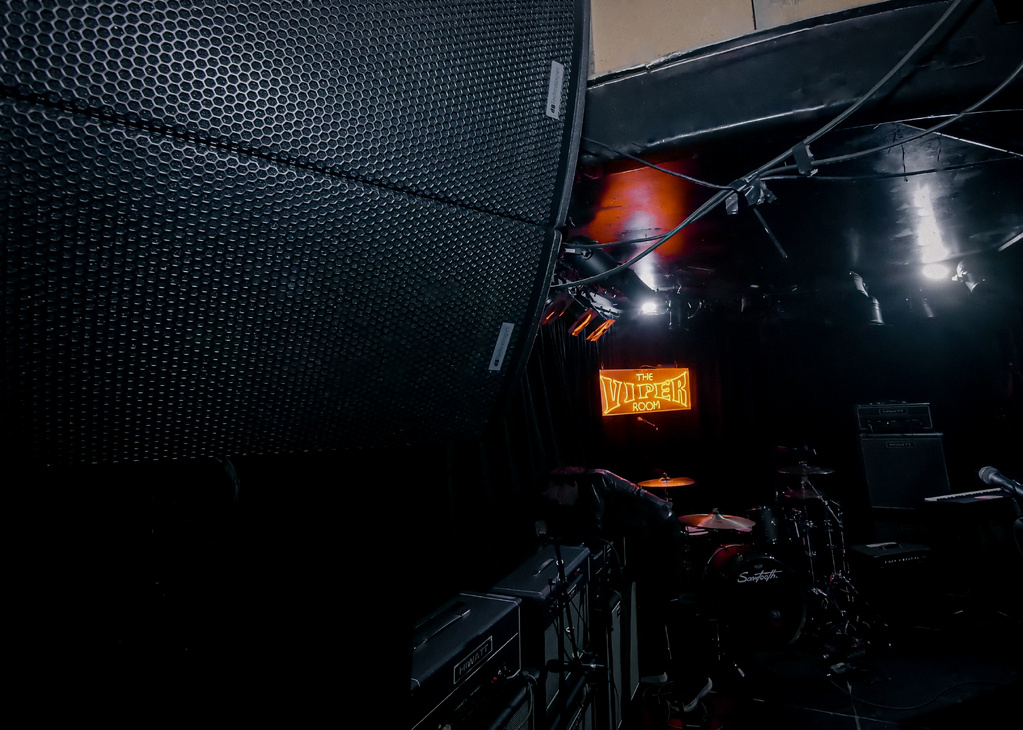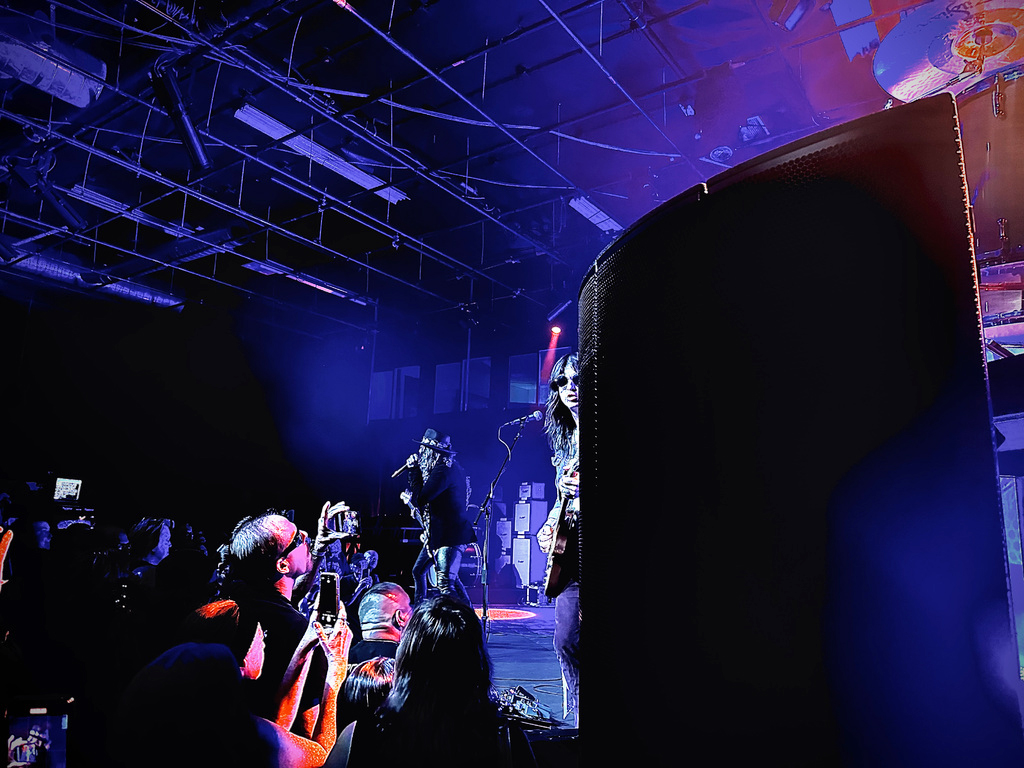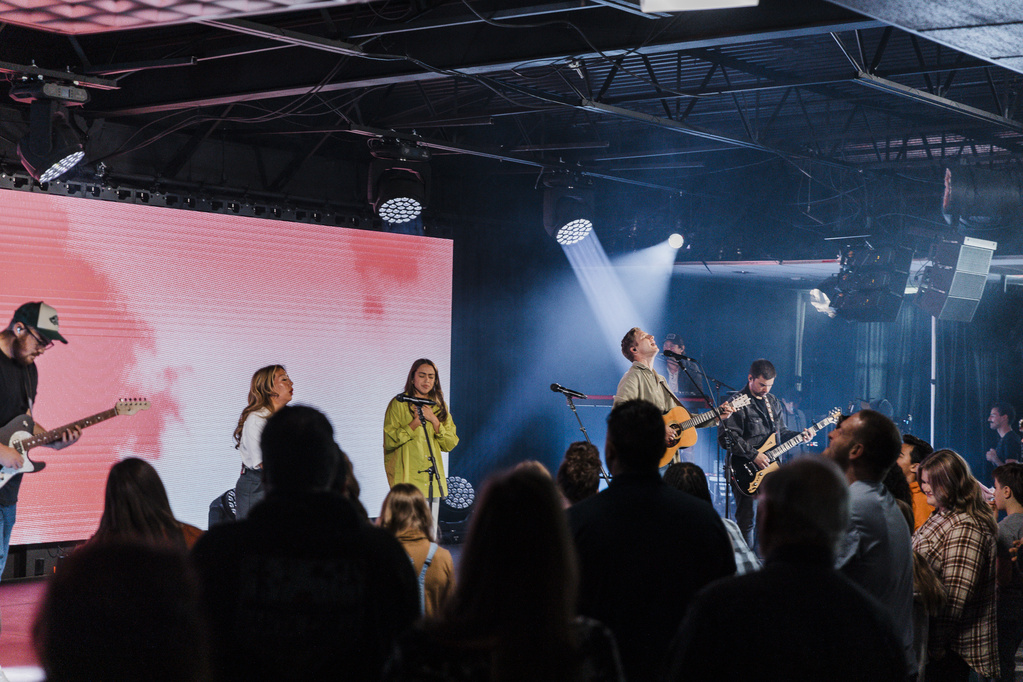I wanted to provide a glimpse into what I think are some significant changes that will be coming over the next 5-10 years that will effect what we as church techs in large contemporary or modern churches do every week.
First let me say that I in no way think our current model is necessarily bad.
And by current model I mean the highly produced services that can often resemble rock concerts. Big, well played music, lots of haze and moving lights, a loud PA, video backgrounds, IMAG; those are all tools we use to engage our audience.
And as long as the audience is engaged, they are a good thing. And to be sure, there is still a large audience that wants to experience that during their weekend service. This is good.
On the other hand, it’s important to recognize that there is also a growing number of people who don’t want that in their service. They don’t want a “hip” experience, they prefer people to come as they are, be who they are and if the singer hits a wrong note from time to time, oh well.
To them moving lights are a distraction and they are less concerned about the mix sounding exactly like it does on the album. They come to church to be with other believers, both cool and uncool, to connect with God and to serve others. This is also good.
Again note that I’m not making value judgements. One is not better than the other, and I don’t want to pit one side against the other. Both are equally valid and both have their place. The problem arises when we want to force one into the other’s mold.
Our church is a great example of this. For many years, Coast Hills has been the place to come if you want to experience a great worship service. We hired the best musicians, employed professional technicians and spent thousands of dollars on sets to make the experience amazing. And it was! People came, lives were changed and the church grew. And then the church changed.
Slowly, over time—partially driven by economic realities, but only partially—the congregation began to realize they didn’t need that level of production each week. In fact, it started to become a distraction. What they really wanted was to see people they knew on stage leading worship. They wanted more time in the scripture, and more time to spend together. And so, our production has scaled back considerably.
I believe we’re seeing this happen in more churches, and at some point, this “less produced” style of weekend will become the norm. To be sure, this will be a gradual change, probably taking 5-10 years, but I think it will happen.
And it will happen because many in the next generation doesn’t care that much about high level production in their church service. They come for different reasons now. And in some cases, high production turns them off.
Now I don’t think this means that we’re headed back to crappy sound and overhead transparencies (thankfully!). In fact, I think we as church techs will develop more fully in our roles, becoming truly invisible and non-distracting.
The sound will still have to be good, but it won’t be the main reason people are there. The words still need to be on the screen at the right time, but no one will get fired if they make a mistake. We still need lights to see, but I think we’ll see a lot less ballyhoo and color chases.
I suspect there will still need to be a minimum standard that is met each week with regards to production, but that standard may be lower than it is now.
Instead, I think what we’ll see is tech doing what tech really does best—creating an atmosphere where people can connect with God. The trick will be doing it in such a way that it doesn’t appear that we’re using a lot of technology.
I believe we will get to a point where sound, lighting and video will just be there, like microwaves and wi-fi. Yes technology is important, but it’s not the point. It will still need to work, but it will be background.
Mike Sessler is the Technical Director at Coast Hills Community Church in Aliso Viejo, CA. He has been involved in live production for over 20 years and is the author of the blog, Church Tech Arts . He also hosts a weekly podcast called Church Tech Weekly on the TechArtsNetwork.





















